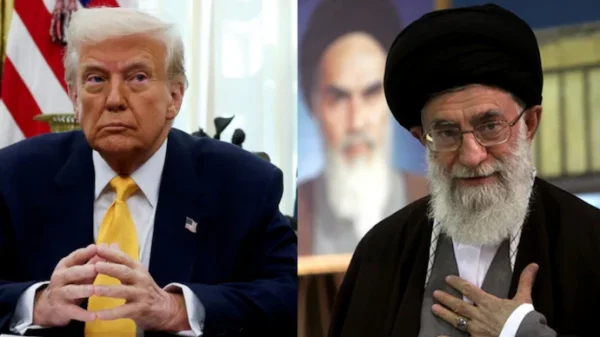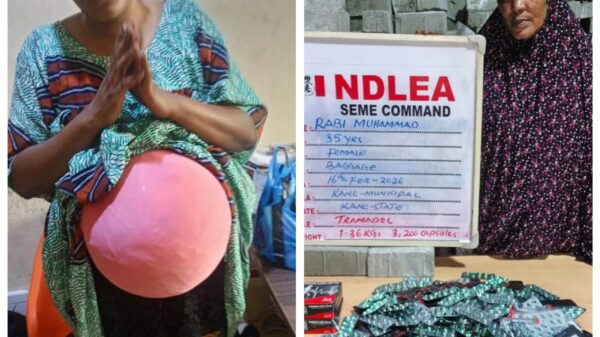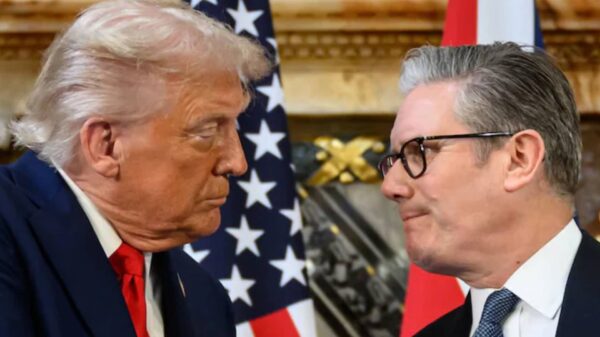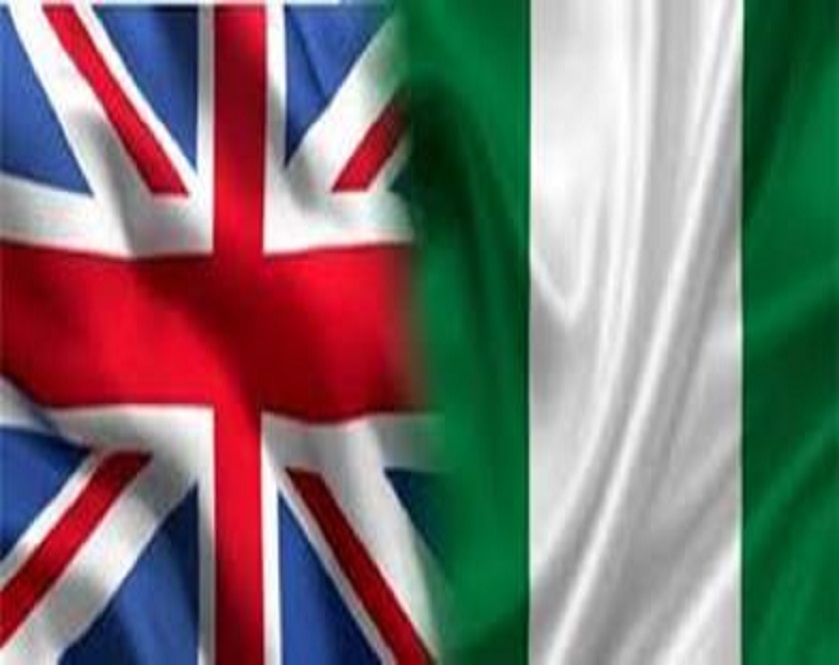The UK has reaffirmed commitment to strengthen and deepen its relationship with Nigeria, as both sides confirmed their shared interest in pursuing a potential Enhanced Trade and Investment Partnership at the eighth and final UK-Nigeria Economic Development Forum (EDF) which held today at the Transcorp Hilton Hotel in Abuja.
The EDF was launched by the former Prime Minister, Theresa May and President Muhammed Buhari in August 2018 and held bi-annually; serving as a platform to address market access barriers, respond to opportunities and challenges of doing business and boost bilateral trade and investment in our two countries.
Since 2018, the EDF has played a crucial role in strengthening the UK-Nigeria trading relationship and through this forum, both countries have been able to unlock finance, facilitate better regulatory link ups, support British and Nigerian businesses and engage on important global issues.
Read Also: Crime and Justice Lagos: Showmax’s new procedural drama series debuts December
The total trade in goods and services (exports plus imports) between the UK and Nigeria currently stands at £5.5billion. Of this £5.5 billion: total UK exports to Nigeria amounted to £3.3 billion in the four quarters to the end of Q2 2022; while total UK imports from Nigeria amounted to £2.2 billion in the four quarters to the end of Q2 2022.
The agreement in the EDF Memorandum of Understanding (MoU) comes to a close today, and the UK and Nigeria agreed that the Enhanced Trade and Investment Partnership will offer an alternative high-profile mechanism to progress bilateral economic issues of mutual strategic importance, under which both sides will continue to work together to resolve market access issues and enhance economic cooperation.
UK International Trade Secretary, Kemi Badenoch said: “Nigeria is Africa’s largest economy and I’m delighted to see our trade and investment links grow, already worth £5.5 billion. The successes the EDF over the last four years has helped address crucial market access barriers and boosted our exchanges in key sectors such as Legal and Financial Services.
“I welcome the shared interest in exploring an Enhanced Trade and Investment Partnership between our nations that will open up new opportunities for UK and Nigerian business, create jobs and future-proof our economies against a changing world.”
UK Prime Minister’s Trade Envoy to Nigeria, Helen Grant said: “The UK and Nigeria go far when we go together. We are supporting Nigeria on the path to becoming a higher-growth, more inclusive and more sustainable economy as we move towards the 2023 elections.
“This is part of a wider push by the UK to drive a free trade, pro-growth agenda across the globe, using trade to drive prosperity and help eradicate poverty. A potential Enhanced Trade and Investment Partnership would include a series of commitments to tackle non-tariff market access barriers to deliver tangible results for businesses in both the UK and Nigeria“
The UK had recently launched the Developing Countries Trading Scheme (DCTS), one of the most generous preference schemes in the world, with enhanced preferences for Nigeria-UK Trade and Investment. The new scheme which will come into effect in early 2023, will cut tariffs on hundreds of everyday products from developing countries – this will be welcome news to Nigerian exporters.
It will equally extend tariff cuts to hundreds of more products exported from Nigeria and other developing countries, going further than the EU’s Generalised Scheme of Preferences. This is on top of the thousands of products, which Nigeria can already export to the UK duty-free.
Nigeria Minister for Industry, Trade and Investment, Otunba Adeniyi Adebayo CON said: “The EDF has been a fantastic forum and it is important that what comes out of the working group builds upon its principles and strengthens its outcomes. I know that both Nigeria and the United Kingdom have exchanged policy papers detailing how they wish to proceed, and I look forward to feedback as both papers are reviewed.
“Increased collaboration with Nigeria and other developing markets is needed to mitigate against both current and potential future supply-chain challenges. To this end, the introduction of the Developing Countries Trading Scheme (DCTS) is warmly welcomed. The reduction in tariffs on hundreds of everyday products should be a win for both Nigerian exporters and UK consumers who are able to access our products at a lower price.
“In 2021, UK exports to Nigeria were said to be $1.64 Billion and Nigerian exports to the UK $1.12 Billion. Not too far apart.
“As we move into 2023 it will be good to see the DCTS grow these numbers. Increasing bilateral trade is key for both nations and the agreement we are forging must strategically promote its increase. We must continue to work together to resolve market access issues and enhance economic cooperation.”
![]()





























































